A mesmerizing blend of old and new, Portugal enchants its visitors with medieval castles, cobblestoned roads, vibrant street art, and possibly the world’s strongest coffee. If you’re considering a trip to Europe, this historic, culturally rich country guarantees amazing encounters.
Lisbon, the idyllic capital of Portugal, may be known for stunning architecture, music, and food – including the famous egg custard tart – however, this city is rapidly evolving into a new world fashion capital. The combination of nice weather, low prices, and a safe atmosphere make Lisbon the perfect locale for creativity. The Principe Real is this European city’s hippest neighborhood, filled with fashion shops, concept stores, and contemporary galleries.
Add a meaningful week or more supporting the community or assisting at a wildlife conservation center, and you’ll bring home a photo album filled with unforgettable experiences.
Use this guide to learn more about how to volunteer in Portugal, and connect with the vibrant country.
Know Before You Go
Portugal lies along the Atlantic coast of the Iberian Peninsula in southwestern Europe. Formerly one of Europe’s greatest empires, it still shares cultural and geographic similarities with its Mediterranean neighbors.
Portugal’s head of state is the democratically elected President of the Republic, with a five-year term. The president selects a prime minister, who heads the government. The national parliament is the Assembly of the Republic, consisting of 230 elected officials.
Portugal abolished its death penalty, one of the first countries in the world to do so. It also decriminalized the usage of common drugs, however, trafficking and possession of larger amounts are punishable by fines and jail time. Because of this, overall drug use has declined, as well as HIV infections, which dropped by 50 percent. Portugal legally recognizes same-sex marriage and allows same-sex adoption, and LGBT+ rights have increased within the past decade.
Volunteering Opportunities in Portugal
Portugal is a stable country with more than 13 million tourists each year, so you may be wondering why volunteers are needed here.
The financial crisis experienced worldwide in the late 2000s, which many economists believe to be the worst financial crisis since the Great Depression of the 1930s, struck Portugal’s children and poor the hardest.
As a result, some underfunded communities are burdened with crippling poverty and unemployment is as high as 14 percent. A recent study, “Unequal Portugal,” reports that a quarter of the nation’s “new poor” are children and that a million workers earn the minimum wage.
In 2016, research into the long-term effects of the Medieval re-conquest and colonization revealed that territory quickly re-taken and given to nobility (Lisbon and Porto are examples) more than 500 years ago still suffers from long-term development problems and inequality.
This means the capital, Lisbon, is where volunteers are most urgently needed, working with youth and the poor, helping to stem the waste of food, as well as assisting with the construction and renovation of housing.
Portugal also has exciting outdoor opportunities for volunteers interested in marine habitat and wildlife conservation. Let’s take a look at a few volunteer programs that you can be a part of in Portugal.
The Best Volunteer Programs in Portugal
Trending Guidebooks
Volunteering Abroad AFTER the Coronavirus Outbreak
Read 26,574 times2025 Best Internships Abroad: Medical Care, Marine Biology & More
Read 93,254 timesVolunteer in Australia: Animals, Conservation, Ranching and More
Read 51,080 times2025 Best Volunteer Abroad Programs, Organizations, and Projects
Read 3,668,742 times
Affordable, trusted, and extremely popular with volunteer travelers, International Volunteer HQ (IVHQ) works with local organizations and NGOs in more than 40 countries, providing 200 affordable and safe projects worldwide. Since its founding in 2007, IVHQ has hosted more than 80,000 participants, and sends more than 10,000 people abroad annually, connecting travelers with meaningful projects.
With an eye on responsible, sustainable partnerships, IVHQ works with local NGOs to provide programs for individuals to volunteer from one week to six months. Explore their programs in Portugal here.
Work as a positive role model with youth ages 11 to 18 from underprivileged backgrounds in an after-school program. As a volunteer, you can help with homework, teach English, share your experience with using a computer, or use arts and crafts to connect creatively. You also can work with teenage mothers by teaching English or by taking care of their babies while they are working.
Join a community movement with the goal to eliminate food waste and end hunger. You’ll work with local centers to recover food from restaurants and supermarkets and distribute meals to more than 300 people per day. As a volunteer, you’ll work for several hours starting at 6:30 p.m., leaving your days free to explore Lisbon and surrounding areas. Fees start at $375 for one week.
Located outside of Lisbon, this conservation center provides community education to the public, as well as protection for wolves that cannot live in the wild. Volunteers assist with feeding and replacing water and wolf behavior observation, though interaction is limited and no direct contact with wolves is allowed.
On the education side, you’ll work with school groups visiting the center and monitor visitors. As a conservator, you’ll assist with building maintenance, fire prevention, clearing Eucalyptus trees, and reforestation of the habitat. You’ll stay for a minimum of two weeks, and a typical workday is five hours. You’ll have weekends off and can use this time to relax or explore the art, history, and culture of Portugal.
This marine conservation project is open to beginner divers without any scuba experience. While onsite, you’ll earn your Open Water PADI Dive certification, or take specialty diving courses if you’re already certified. All equipment is provided. Once trained as a diver, you’ll work with a local diving school in Cascais to help contain underwater pollution and conserve marine life.
Volunteer tasks include removing garbage from the seafloor, recording the type and amount of trash and other items collected, observing sea life, identifying and counting fish, and learning how to protect the underwater ecosystem. Program fees include the required PADI manuals, crew packs, PIC cards, and full scuba equipment.
GoEco is known for its commitment to eco-friendly practices and providing volunteers with experiences that deeply connect them with local communities and environmental efforts. Their programs in Portugal allow for personal growth and skill development.
Here are some of the available programs:
Join the fight against food waste by helping distribute leftover food from grocery stores and eateries to those in need, including the unhoused and families facing hardship.
Dive into the Atlantic Ocean to clear pollution and protect marine life. This program includes scuba diving lessons and certification, combining environmental conservation with adventure.
Contribute to the preservation of wolves in Portugal. Start with experiencing Lisbon’s vibrancy, followed by impactful conservation work at a nearby wolf reserve to engage in wildlife conservation efforts.
These GoEco programs in Portugal offer not just a chance to volunteer and travel cost-effectively but also to join a community of like-minded individuals dedicated to making a difference. Volunteers gain insight into local challenges and contribute to solutions, all while experiencing Portugal’s rich culture, history, and natural landscapes.
Established in 1989, Involvement Volunteers International (IVI) is a pioneering non-profit organization dedicated to creating meaningful overseas volunteer experiences. With over 35 years of experience and having placed more than 25,000 volunteers globally, IVI offers a range of impactful projects, combined with excellent support and top accommodations, ensuring a rewarding experience for volunteers.
Volunteering in Portugal with IVI provides a unique opportunity to immerse oneself in the vibrant culture of cities like Lisbon while addressing pressing social and educational challenges. Volunteers can support various initiatives to not only make a real difference but also to explore the captivating beauty and heritage of Portugal.
The Food Support for the Homeless program in Lisbon, Portugal, allows volunteers to make a tangible impact on the lives of those in need. By supporting a local NGO, volunteers help prepare, cook, and serve food to underprivileged locals. Tasks include assisting with food basket preparations, organizing donated food, maintaining kitchen cleanliness, and interacting with the community to brighten their days.
This project addresses the rising homelessness in Lisbon by tackling food waste and providing nutritious meals to struggling families. Volunteers are accommodated in a shared volunteer house in Cascais, near Lisbon, offering a safe and comfortable living environment with three meals provided on weekdays and breakfast on weekends.
The Kindergarten Education program in Lisbon offers volunteers a fulfilling opportunity to educate and care for young children aged 3 to 5. Volunteers work alongside dedicated teachers to assist with daily routines, lesson plans, and engaging activities that promote socio-emotional development and English language skills.
This program emphasizes critical thinking, gratitude, sharing, empathy, and understanding, providing a nurturing environment for children’s growth. Located in Cascais, volunteers stay in a shared volunteer house and are provided with meals on weekdays and breakfast on weekends. This program is ideal for those passionate about early childhood education and eager to make a positive impact.
The Two-Week Community Volunteering and Culture program in Lisbon combines volunteer work with cultural immersion and adventure. Volunteers engage in community-focused projects, such as educational support, environmental initiatives, and community development, while exploring Lisbon’s rich history and vibrant culture.
The program includes visits to iconic landmarks, such as Belém and Sintra, and offers opportunities to experience traditional Portuguese cuisine and music. Volunteers stay in a shared volunteer house in Cascais, with meals provided according to the program schedule. This program offers a comprehensive and enriching experience, blending meaningful volunteer work with the exploration of Lisbon’s captivating sights and culture.
Volunteering Solutions (VolSol) provides a broad spectrum of volunteer opportunities in Portugal. Located in the vibrant city of Porto, VolSol’s programs offer an immersive experience that combines social impact with personal growth and exploration. Volunteers are housed in a centrally located hostel in Porto, offering a variety of room options from dormitories to private rooms. The hostel provides a welcoming environment with communal spaces for relaxation and socializing, making it a perfect base for volunteers to experience the city and engage with fellow travelers.
Here are some of the available programs:
Aid in the conservation of hedgehogs, focusing on rehabilitation and release back into the wild. Activities include cleaning enclosures, feeding, participating in release events, and supporting conservation awareness efforts.
Reduce food waste and improve food security for vulnerable populations. Collect, organize, and distribute surplus food from local establishments to those in need.
Support environmental conservation efforts through horse patrolling and assist in hippotherapy classes for disabled individuals. Activities include forest patrolling, reforestation, supporting hippotherapy classes, and engaging in farm activities.
Assist non-profit organizations in supporting underprivileged children through education and extracurricular activities. Volunteer work includes teaching English, homework assistance, designing extracurricular activities, and cultural exchange.
Volunteering with VolSol in Portugal offers a unique opportunity to contribute positively to local communities and ecosystems while immersing oneself in Portuguese culture. These programs are tailored to foster personal growth, enhance cross-cultural understanding, and provide volunteers with a deeply rewarding experience.
Find Yourself Volunteering in Portugal
Choosing a destination like Portugal for your volunteer experience brings with it the opportunity to learn more about the history of Europe. As one of the longest-settled countries on the continent, it has seen a succession of cultural influences, and these attributes are still visible in the landscape.
While you’re there, immerse yourself in one – or more – of the impactful volunteer projects that help the people and wildlife of this amazing country. And, as a world traveler, give yourself permission to enjoy its ancient castles, gorgeous beaches, picturesque towns, award-winning wines, and mouth-watering pastries.
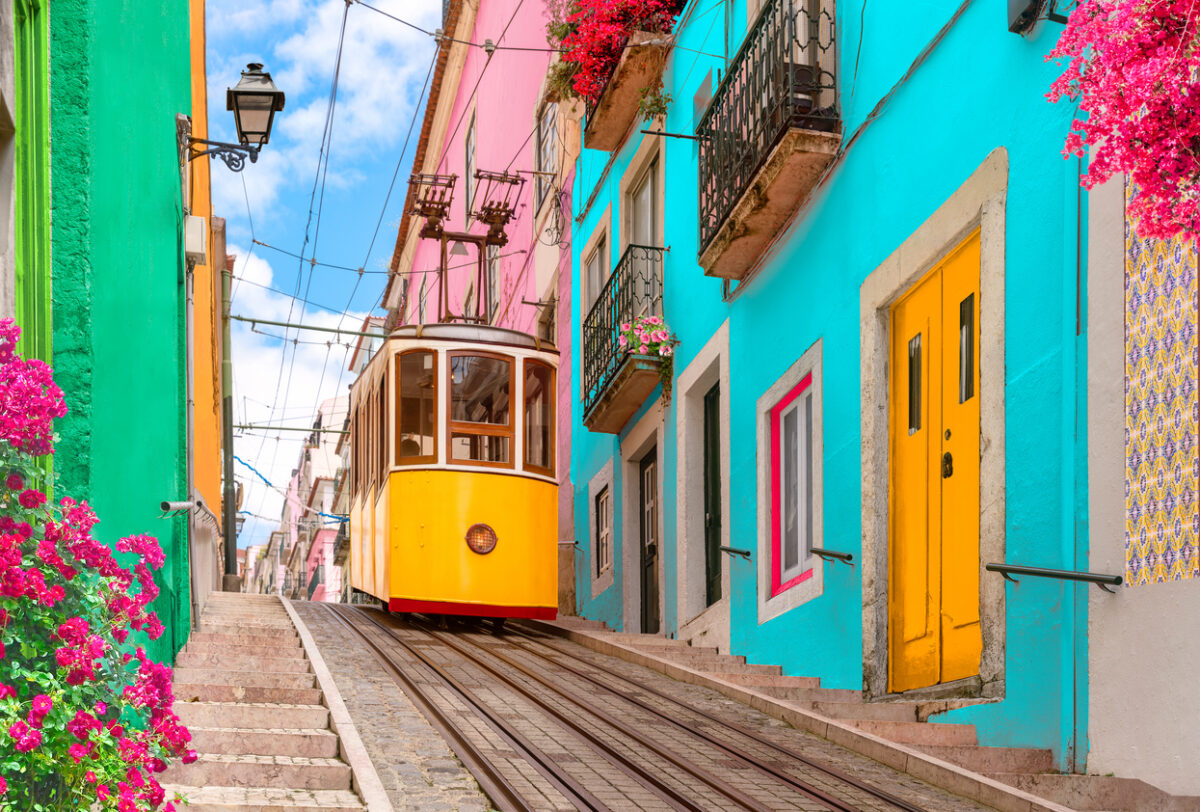
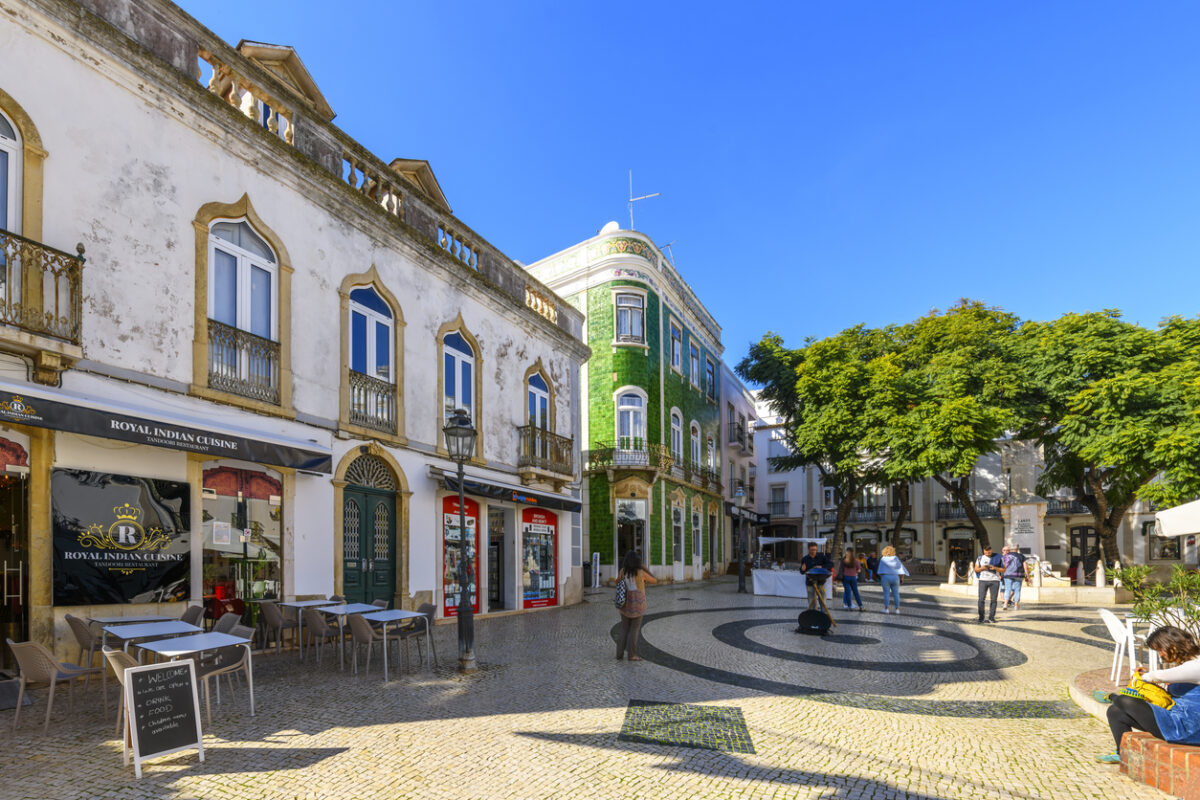













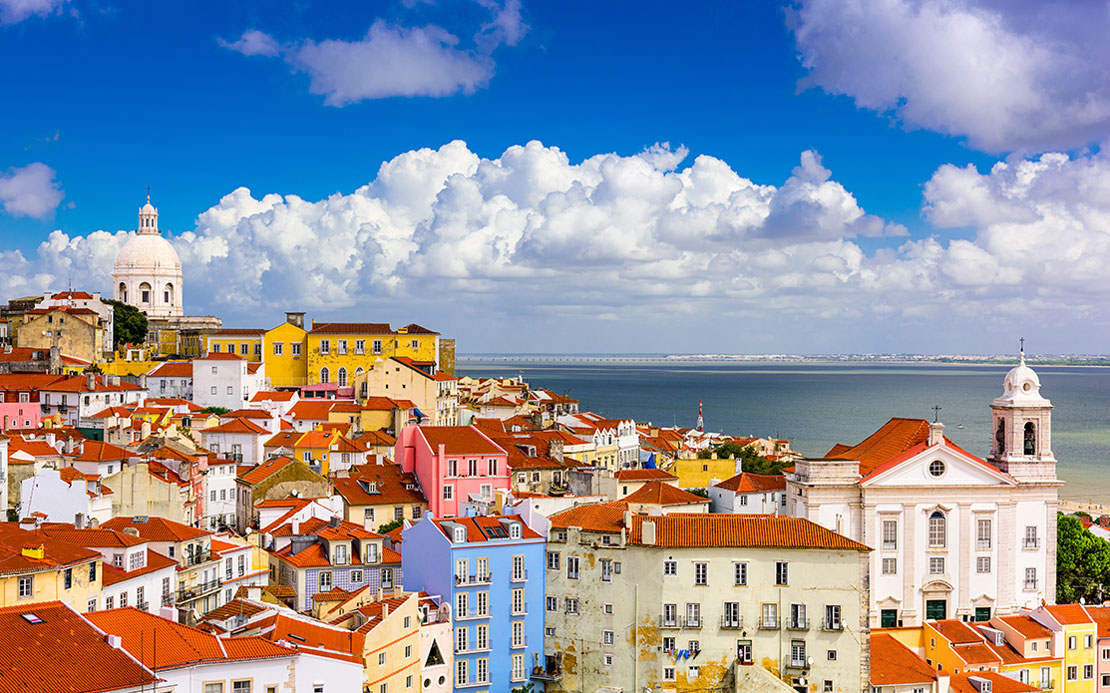

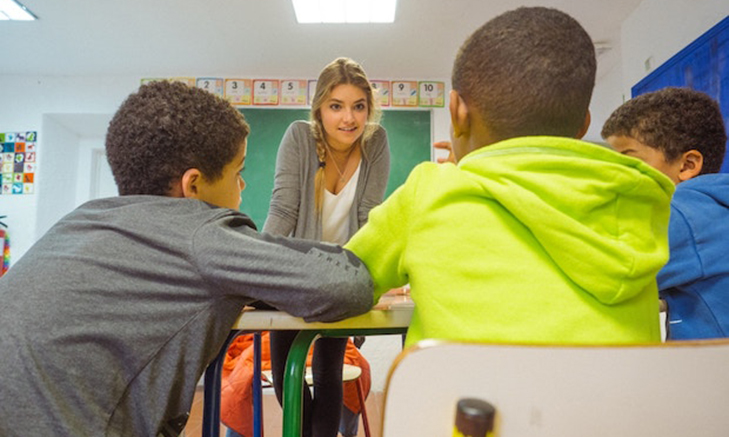
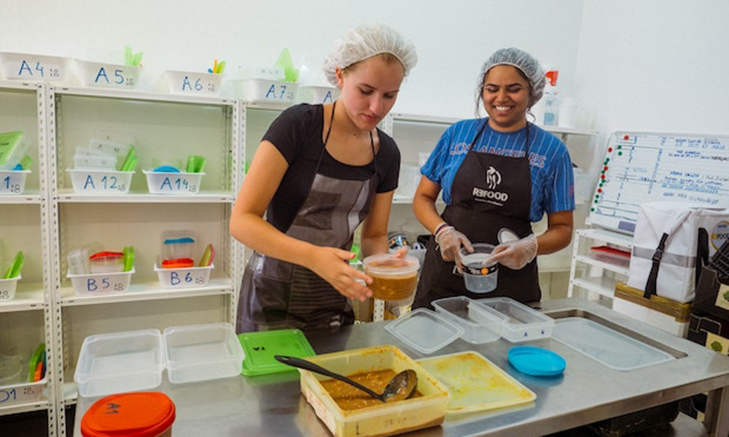

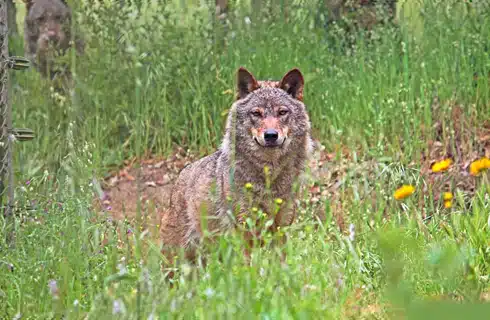

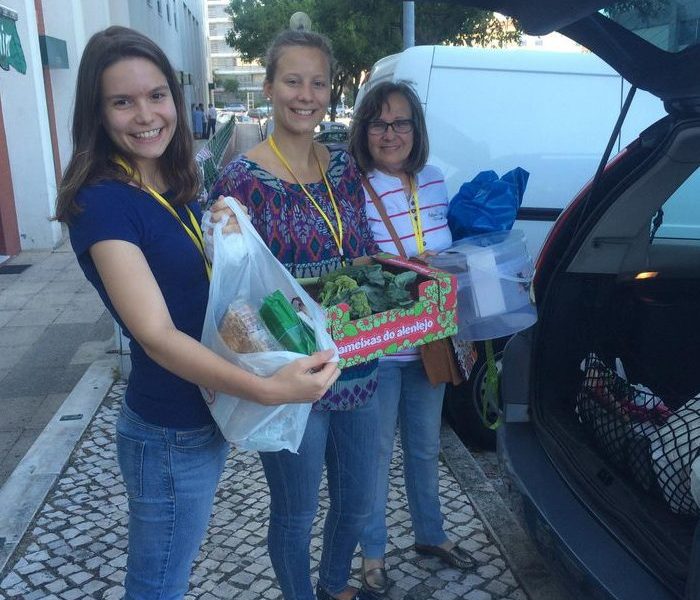
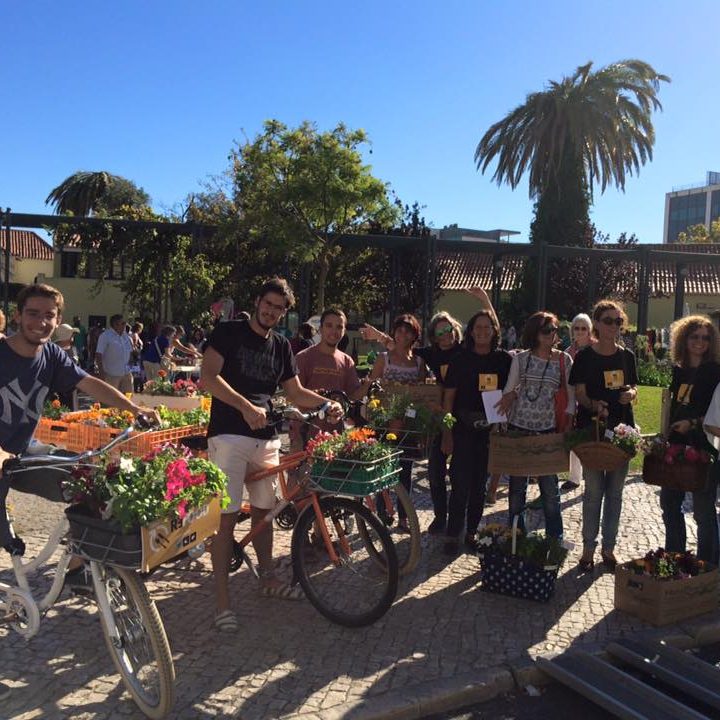


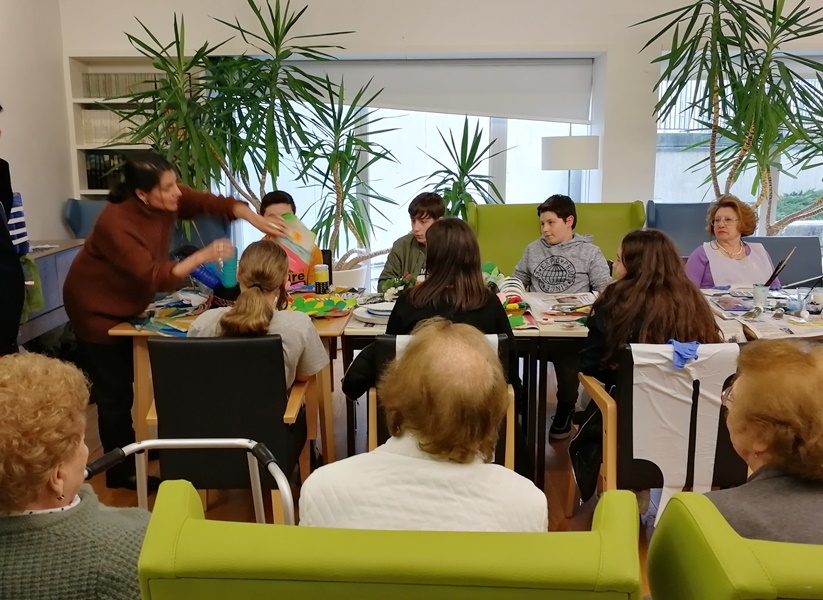
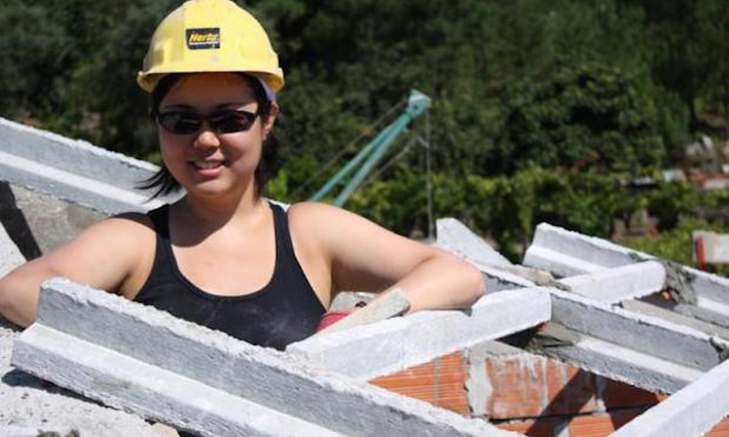

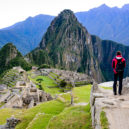

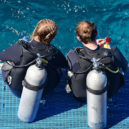






Robin Van Auken · Writer
Robin is a researcher, writer, and a registered professional archaeologist, a skillset she uses every day as a cultural communication specialist with Hands-on Heritage. Her projects connect communities with an emphasis on interpretation and education and conserve cultural and environmental legacies.